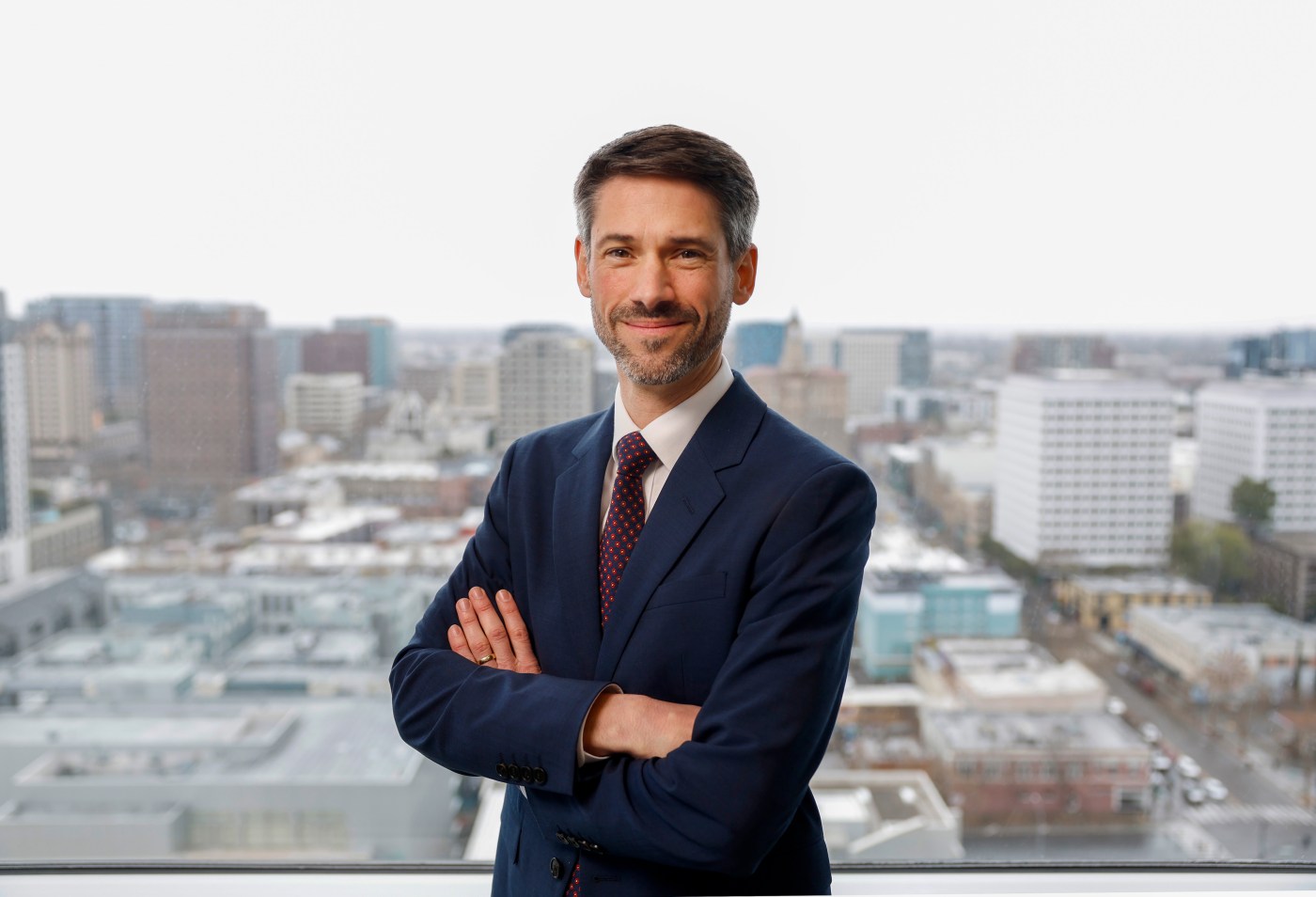
San Jose Mayor Matt Mahan’s revamped push to hold elected officials accountable by tying a small percentage of their pay to performance metrics could face future roadblocks, as some city councilmembers have raised concerns about the proposal.
Related Articles
Homeless advocates protest San Jose proposal to arrest unhoused who repeatedly refuse available shelter
Six months after scathing audit of San Jose shelter, animal advocates fume over unresolved problems
Why do Bay Area homeless people turn down shelter beds?
Will San Jose get a new police unit to arrest homeless residents who refuse shelter?
San Jose proposes $5.57 billion budget without significant cuts to services
Mahan and Vice Mayor Pam Foley have modified a previously introduced performance initiative that now intends to withhold 5% of city councilmembers’ salaries and pay it back on a pro-rated basis depending on how well they meet specific goals related to the community’s top priorities.
Despite criticisms that the plan would not achieve the desired results and could negatively impact the city council’s decision-making, including how it allocates money in the budget, Mahan has dug into his proposal, asserting that critiques he heard from the dais were “grasping at straws” and that elected officials needed to have “some skin in the game when it comes to setting and achieving very aggressive goals.”
“I’m very hopeful that San Jose will be the city — as the capital of Silicon Valley — that leads the way in demonstrating what public sector focus, transparency, clear goal-setting, (and) performance management accountability looks like,” Mahan said. “I think we have a unique opportunity to do that … this is a great step in the right direction, building on all the work we’ve done.”
In March, Mahan unveiled the first version of the pay-for-performance proposal, which initially would have asked voters in 2026 to support tying merit raises for the City Council and upper rung of the city’s administration to clearly defined goals. The original idea, which Mahan espoused when he joined the City Council, would not have impacted base salaries, cost-of-living adjustments, or employees below the senior management level.
He argued that the accountability measure would drive government efficiency and deliver the outcomes residents consistently called for in community surveys.
However, rather than move ahead with a ballot initiative that would have cost taxpayers approximately $1 million, Mahan and Foley identified a provision in the charter where the City Council can voluntarily reduce their salaries to help make the proposal more straightforward to implement. Under a previously approved salary resolution, the city manager and council appointees already had the power to increase or decrease the salaries of senior staff.
“I reject this notion that we are fundamentally different from other city leaders in our organization and are arguably more responsible for setting goals and implementing policies that have an impact,” Mahan said.
Mahan and Foley’s proposal has earned the support of District 6 City Councilmember Michael Mulcahy, who noted that other organizations tied to the city funding are subject to performance measures.
“Going through the grants process here in San Jose, it’s a competitive process and you’ve got to meet certain measurements and you’re judged each and every year by how you’re utilizing city investments,” Mulcahy said.
However, questions remain about how the proposal, which will need City Council approval, will drive the results Mahan seeks and whether it is fair to judge individual districts by citywide goals.
“I’m elected by people in Council District 8 to be able to advocate on interests that are theirs,” District 8 City Councilmember Domingo Candelas said. “There are so many individualized areas and priorities that our residents have or expect from us that feel like we’re putting their priorities behind citywide priorities.”
Mahan said the City Council does not make decisions based on individual districts, nor does it make district-specific policies. He also added that polling showed no significant variance between the city’s different regions over residents’ top priorities.
District 2 City Councilmember Pamela Campos, who shared Candelas’ concerns about being judged based on citywide goals, also said she believed the policy would move the council in a direction that does not incentivize more diversity on the City Council.
Campos and District 4 City Councilmember David Cohen also questioned the need for the proposal, noting that if voters were truly dissatisfied with a councilmember’s performance, they could take action at the ballot box.
Cohen added that he believed it would lead to the City Council making the wrong decisions, including redirecting its focus to the detriment of the city’s long-term health.
“What I’m worried about is that this plan gives Council perverse incentives when it comes at the end of the year and we’ve got to make a decision about whether we’re going to achieve our goals or lose some salary, and we have to choose whether to cut library hours, park resources or the Animal Care Center or in order to put more money into the thing that we will be compensated for,” Cohen said.
Mahan called the notion that the City Council would act recklessly to achieve a goal “far-fetched” and instead would serve as the opposite by creating a culture centered on being data-driven, setting goals, and upholding the trust of voters who put elected leaders in office to make progress.
“I think the real perverse incentive is that politicians are rewarded for performative acts versus actual performance,” Mahan said.